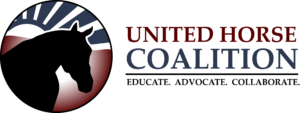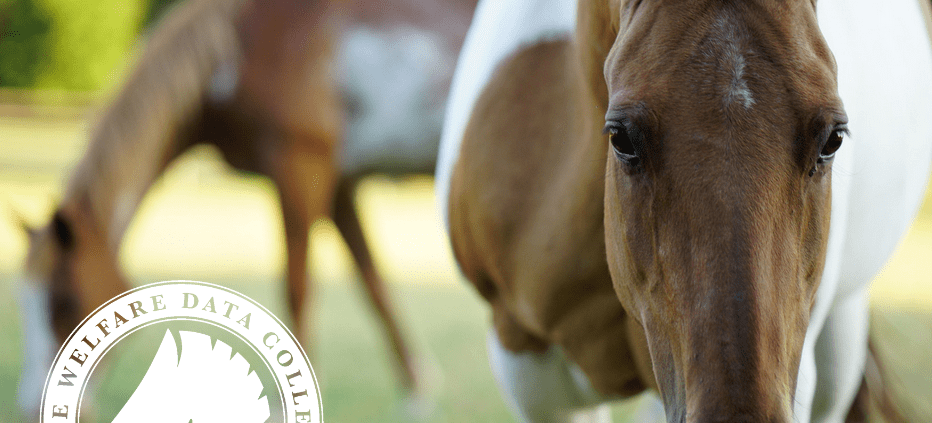Equine Welfare Data Collective Releases Fourth Data Report
Contact: Emily Stearns
Equine Welfare Data Collective
Phone: 202.296.4031
E-Mail: EWDC@horsecouncil.org
For Immediate Release
Equine Welfare Data Collective Releases Fourth Data Report
The Equine Welfare Data Collective (EWDC) is proud to announce the publication of the Fourth EWDC report. Analyzing data between January and December 2020 from equine welfare organizations throughout the United States and Puerto Rico, this report covers all aspects of custodial and noncustodial equine welfare organizations in hopes of understanding any potential impact from the ongoing pandemic.
There are over 1,000 501(c)3 registered equine welfare organizations in the US. Reporting organizations are committed to sharing their data, transparency of their statistics, and seek to measure their effectiveness and success against national and regional trends.
Organizations reporting for 2020 were able to fulfill over 75% of equine rehoming assistance requests. Similar to previous years, over 80% of all reported outcomes in 2020 were adoptions into new homes.
This is the first EWDC report where data is tracked across multiple years. With each report published by the EWDC, information critical to helping owners and equines in need spreads throughout the community. The data in this report represents the hard work of hundreds of organizations with thousands of people helping tens of thousands of equines each year.
“The American Horse Council and AHC Foundation is so pleased that the EWDC can provide key knowledge and insights into the equine welfare community and help the equine industry understand and develop strategies and solutions to support horses at risk or in transition. The data from this report will serve as an invaluable roadmap to helping the industry understand the complexities of equine welfare and aftercare”, says American Horse Council President Julie Broadway.
Currently, the EWDC is now moving to analyze 2021 data and continue tracking data trends within equine welfare programming.
The EWDC is a collaborative effort to accumulate, analyze, and report data to enhance services for transitioning and at-risk equines. The EWDC was created by the United Horse Coalition (UHC), a program of the American Horse Council (AHC), with funding partners being The American Society for the Prevention of Cruelty to Animals (ASPCA) and its program The Right Horse Initiative (TRH), the Foundation for the Horse, and US Equestrian Trust.
Participation in the EWDC is free, and all data collected is aggregated so no individual organization is identified. Organizations that contribute data are the first to receive the results and are given an EWDC badge for their website to publicly demonstrate their commitment to the mission.
To view EWDC reports or contribute data, please visit the EWDC website at www.unitedhorsecoalition.org/ewdc/ or contact Emily Stearns, EWDC program manager at EWDC@horsecouncil.org.
About the American Horse Council and United Horse Coalition
As the national association representing all segments of the horse industry in Washington, D.C., the American Horse Council works daily to represent equine interests and opportunities. Organized in 1969, the AHC promotes and protects the industry by communicating with Congress, federal agencies, the media, and the industry on behalf of all horse related interests each and every day. The AHC is member supported by individuals and organizations representing virtually every facet of the horse world from owners, breeders, veterinarians, farriers, breed registries and horsemen’s associations to horse shows, racetracks, rodeos, commercial suppliers, and state horse councils. Learn more at www.horsecouncil.org
The United Horse Coalition is a broad alliance of equine organizations that have joined together under the American Horse Council to educate the horse industry about the issues facing horses at-risk or in transition. We seek to provide information for existing and prospective owners, breeders, sellers, and horse organizations regarding the long-term responsibilities of owning and caring for horses, as well as focusing on the opportunities available for these horses. Learn more at unitedhorsecoalition.org




